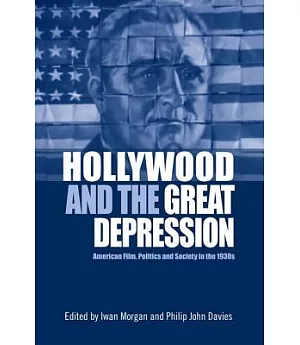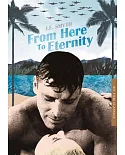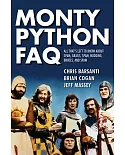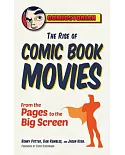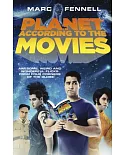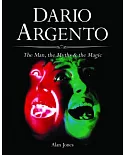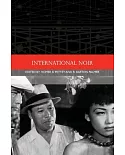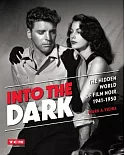In the popular imagination, 1930s Hollywood was a dream factory producing escapist movies to distract the American people from the greatest economic crisis in their nation’s history. But while
many films of the period conform to this stereotype, there were a significant number that promoted a message, either explicitly or implicitly, in support of the political, social and economic
change broadly associated with President Franklin D. Roosevelt’s New Deal programme. At the same time, Hollywood was in the forefront of challenging traditional gender roles, both in terms of
movie representations of women and the role of women within the studio system. With case studies of actors like Shirley Temple, Cary Grant and Fred Astaire, as well as a selection of films that
reflect politics and society in the Depression decade, this fascinating book examines how the challenges of the Great Depression impacted on Hollywood and how it responded to them.

